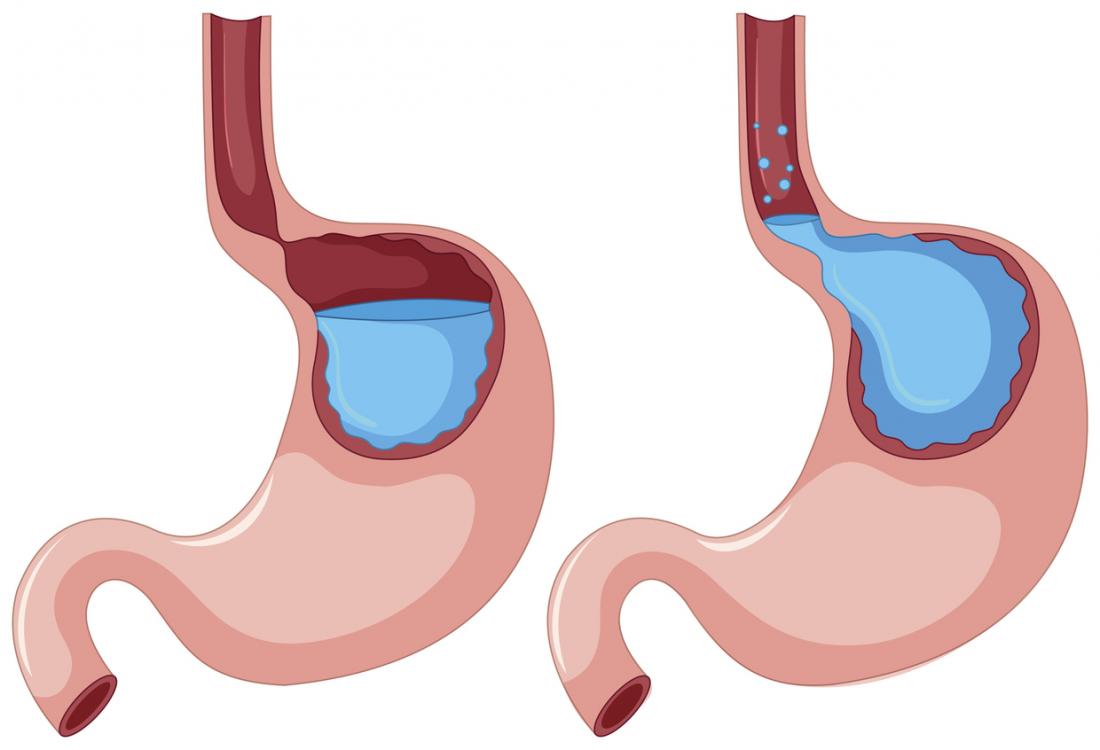Gerd, also known as gastroesophageal reflux disease, is a condition in which the contents of the stomach are regurgitated back up into the esophagus. This can cause heartburn and other uncomfortable symptoms. Gerd is a common problem, affecting up to one in five adults in the United States. It is usually treated with lifestyle changes and over-the-counter medications. In some cases, surgery may be necessary to correct the underlying problem.
What Is Gerd?
Gerd occurs when the muscular valve between the stomach and esophagus (the lower esophageal sphincter, or LES) relaxes or weakens. This allows digestive acids to flow back up from the stomach into the esophagus. The acidic contents of the stomach can irritate and inflame the lining of the esophagus, causing symptoms such as heartburn, chest pain, trouble swallowing, and a sour taste in your mouth. GERD is a chronic condition, meaning it lasts for weeks or months at a time. It can occur intermittently or constantly.
What Causes Gerd?
There are many possible causes of GERD. One common cause is simply eating too much food at one time. This puts pressure on your LES and can allow acids to reflux back into your esophagus. Other common causes include: obesity; pregnancy; certain foods such as chocolate, coffee, fatty foods, mints, spicy foods; alcohol; smoking; lying down after eating; tight fitting clothing around your waist; and certain medical conditions such as hiatal hernia (when part of your stomach protrudes through an opening in your diaphragm), diabetes mellitus, peptic ulcer disease


